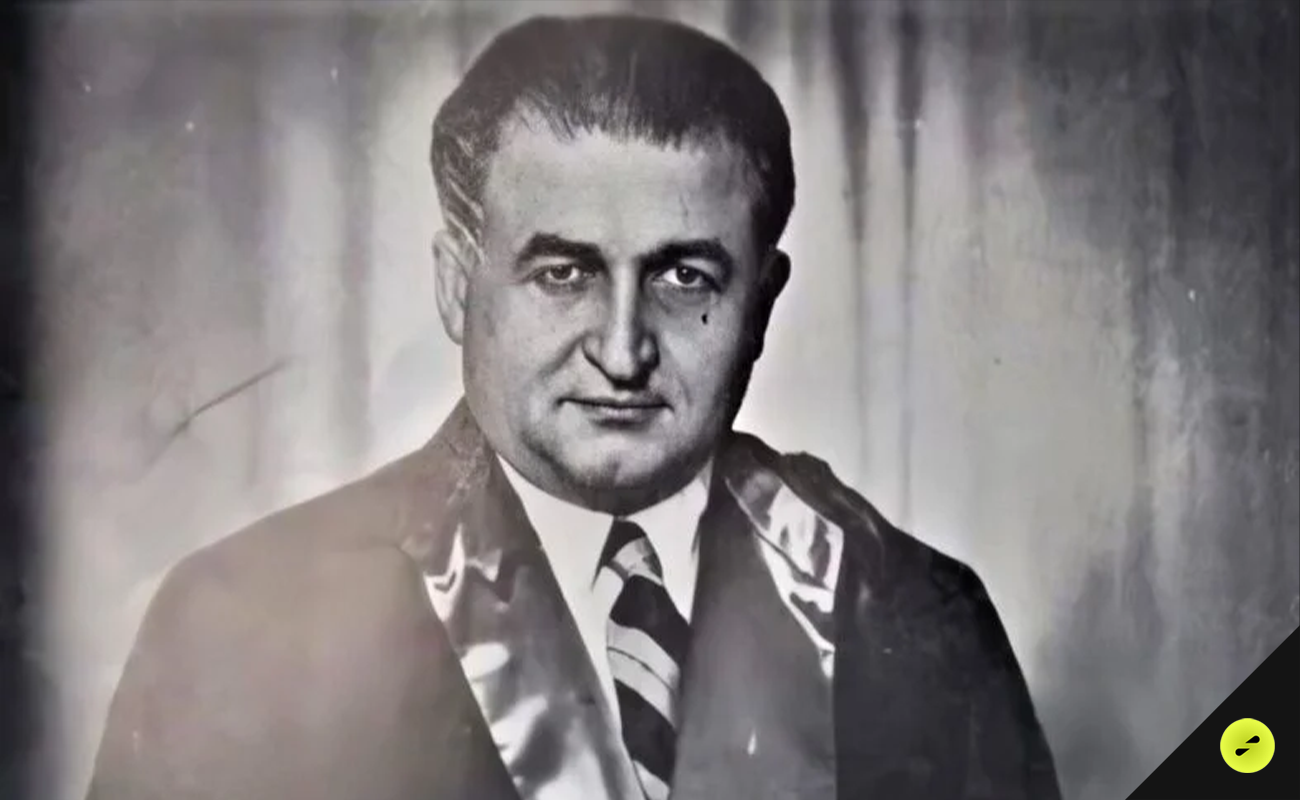Zatrun.com has meticulously examined the life and education of Ömer Lütfi Barkan, born in 1902 in Edirne, Turkey, as the son of Eski Zağralı İsmail Efendi and Gülsüm Hanım. He started his educational journey at Edirne Numune Mektebi and went on to graduate from İstanbul University’s Faculty of Philosophy.
Ömer Lütfi Barkan: Academic Achievements
In 1927, Ömer Lütfi Barkan obtained his license degrees from the Faculty of Literature and Faculty of Law at Strasbourg University in France. Upon returning to Turkey, he was appointed as a philosophy teacher at Eskişehir Lisesi. During the university reforms in 1933, he was appointed as an associate professor at the Faculty of Literature in the Turkish History of Revolution Chair, without having to prepare a doctoral or associate thesis. In 1937, he moved to the Faculty of Economics, where he became the Chair of Economic History and Economic Geography. In 1939, he earned his associate professorship with his thesis on “Land Issues in the Founding Period of the Ottoman Empire.” In February 1941, he was promoted to full professorship.
Ömer Lütfi Barkan lectured on Turkish History of Revolution at the Faculties of Literature and Science, and also taught philosophy at Hayriye Lisesi and negotiation at Yüksek Muallim Mektebi. He delivered lectures on Turkish Law History and Land Law at İstanbul University’s Faculty of Law, and on Turkish Organizations and Institutions History at the Faculty of Literature.
In 1950, Ömer Lütfi Barkan became the head of the Chair of Economic History. From 1950 to 1952, he served as the Dean of the Faculty of Economics. In 1955, he established the Institute of Turkish Economic History. He continued to serve as the director of the institute until his retirement. In 1957, he was honored with the title of “honorary doctor” by Strasbourg University. From 1963 to 1972, he taught General Economic History at İstanbul Özel İktisâdî ve Ticârî İlimler Okulu.

Contributions and Controversies
Ömer Lütfi Barkan’s research primarily focused on the economic and social history of the Ottoman Empire, with a particular emphasis on land ownership. He conducted extensive research on land issues during the founding period of the Ottoman Empire and analyzed accounting records of some imarets, mosques, and foundations, contributing to the understanding of Ottoman economic life. He also explored price movements during the 15th and 16th centuries, providing valuable insights into Ottoman historical demography.
Additionally, Barkan’s work shed light on the role of international trade and economic relations in the rise and fall of the Ottoman Empire. He brought to attention the impact of capitalism’s development in the West on the collapse of traditional crafts and small-scale production in the Ottoman economic life.
However, some of Barkan’s interpretations sparked debates, especially in the field of law and administration. Due to his lack of expertise in religious law and shari’a, his views on the legal and administrative system of the Ottoman Empire stirred controversy.
Legacy and Publications
Ömer Lütfi Barkan’s research was based on various archive documents. He carefully examined and evaluated Ottoman documents from an economic history perspective. His contributions to the understanding of Ottoman economic history led to the establishment of the field of economic history in Turkey, gaining recognition both nationally and internationally.
Throughout his career, Barkan published over 150 articles in journals such as Siyâsî İlimler, Siyâsal Bilgiler Okulu, Ülkü, Türk Hukuk ve İktisat Târihi Mecmuası, İstanbul Üniversitesi Hukuk Fakültesi Mecmuası, İktisat Fakültesi Mecmuası, Vakıflar Dergisi, Belleten, and Belgeler. Although the number of his books is limited, most of his articles were substantial enough to be considered as book-length publications. Despite the attempt to compile his articles into a collective volume after his death, only those related to land issues were published under the title “Toprak Meselesi Toplu Eserler 1.” His other works include “15 ve 16. asırlarda Osmanlı İmparatorluğunda Ziraî Ekonominin Hukûkî ve Mâlî Esasları I: Kânunları” and “İstanbul Vakıfları Tahrir Defteri.”
Ömer Lütfi Barkan’s studies and groundbreaking contributions have had a lasting impact on the field of economic and legal history in Turkey, solidifying his legacy as one of the founding figures of Turkish economic historiography. His meticulous research and invaluable insights continue to be an essential reference for scholars in the field, making his work a crucial foundation for the ongoing exploration of the Ottoman Empire’s economic past.












